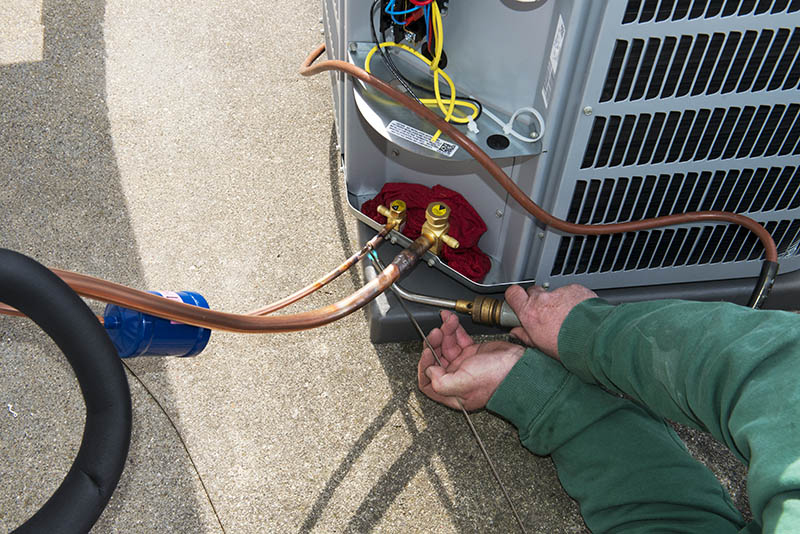Advantages and disadvantages of heat pumps
Heat pumps are quickly gaining enormous popularity as heaters. These days, a lot of people depend on this technology to heat their homes in the autumn. And now that autumn is nearly here, you may want to install a heat pump or, if your current one isn’t functioning, seek furnace services.
However, a significant portion of readers who are unfamiliar with heat pumps may be reading this page. In order to proceed with the benefits and drawbacks of heat pumps, let’s first take a quick look at the fundamentals.
How do heat pumps work?
Pumps are used in heat pump systems to move heat from one location to another. These systems often use a gas or liquid refrigerant to draw heat from the outside air and move it inside.
A less quantity of heat and power are utilized in this procedure. In contrast, a significant amount of energy may be lost when electricity is used to convert heat, leading to greater costs.
During the summer, this cycle is also turned around. The heat pump then acts as an air conditioner by simply absorbing heat from within and transferring it outdoors.
However, your location alone will determine whether you employ heat pumps. Extreme cold in certain places does not provide the ideal environment for heat pumps to function at their best.
Though heat pumps do far better than gas furnaces in terms of lowering our carbon footprint. However, gas furnaces have a high efficiency rating—up to 98% at times.
Benefits of Heat Pumps
Let’s now examine some of heat pumps’ benefits. These consist of:
Lower operating expenses
Simply said, heat pumps are less expensive to operate and maintain. Furthermore, your system will function better over the long term the more energy efficient it is.
Simpler to maintain
The fact that heat pumps need less maintenance in the long term may be their finest feature. Therefore, it’s likely that you won’t have to spend a lot of money on your heat pump.
However, you cannot escape needing repairs and maintenance from time to time. It is a mechanical device after all, and failures may occur for a variety of reasons.
You can sometimes do minor inspections on your own. But if the problem is serious, you’ll probably require a professional serviceman or a heat pump contractor.
Safety
The fact that heat pumps are quite safe in contrast to other systems that depend on combustion is another advantage of using one. As a result, they have decreased carbon emissions since there is no burning.
Additionally, certain heat pumps may be quite effective, which can lower your total energy bills. Consider the use of water-source heat pumps as an example. The efficiency of these heat pumps may reach over 600 percent.
Increased lifespan
Compared to other heating equipment, heat pumps typically have a longer lifespan. For instance, a heat pump has a 50-year lifespan. The heat pump will, however, function at its peak for an average of 14 to 15 years.
They work in both seasons
The ability of a heat pump to operate in both directions is its finest feature. For instance, it may give warmth in the winter and cool throughout the summer. However, remember that maintenance is also of big importance because heat pumps are prone to going bad from time to time
The only drawback is that you may need to periodically hire heat pump repair McLean before each new season. However, consider this as an investment that will improve the quality of your heat furnace and allow it to last for a much longer time.


Post your comment